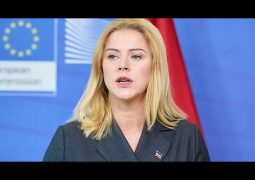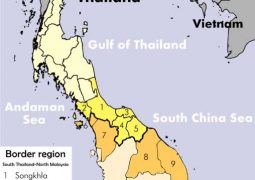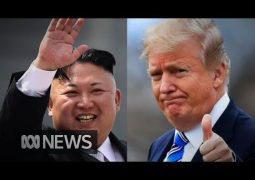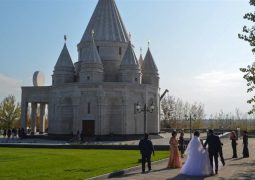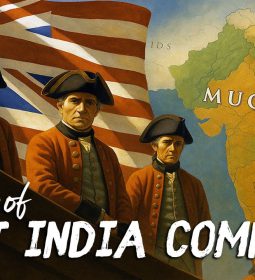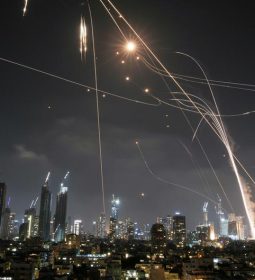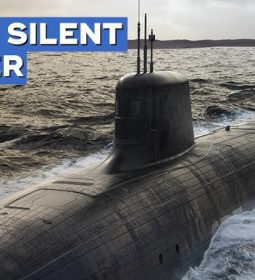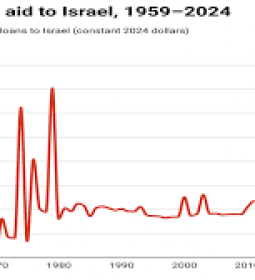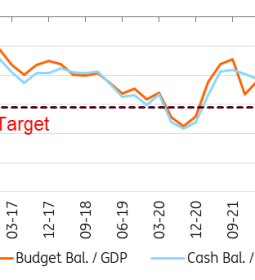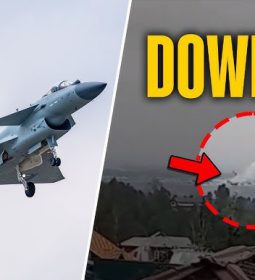Kazakhstan enters into “Comprehensive Strategic Partnership and Alliance” Treaty with Russia

Kazakh President Kassym-Jomart Tokayev and Russian President Vladimir Putin signed a declaration in Moscow on November 12, 2025, elevating their countries’ relationship to what they have dubbed a “Comprehensive Strategic Partnership and Alliance.” The document was signed at the Kremlin during Tokayev’s working visit to Russia at Putin’s invitation.
Ahead of the trip, Tokayev wrote in Rossiyskaya Gazeta that the new declaration “will open a new era in bilateral relations, confirming an unprecedented level of mutual trust and joint readiness for closer work in all areas.” Putin described Kazakhstan as one of Russia’s closest allies and said the agreement “outlines measures to enhance regional partnerships and border cooperation.”
Expanding Economic Cooperation
During the Moscow visit, both leaders highlighted growing economic links and gas supplies. Tokayev told Russian media that bilateral trade had reached almost $30 billion in 2024 and continued to rise through 2025. Putin noted that Russia remained Kazakhstan’s largest trading and investment partner, while Tokayev said he wanted to increase joint projects in energy, manufacturing, and transport.
Energy cooperation featured prominently. The two presidents discussed boosting Russian gas supplies to Kazakhstan’s northern and eastern regions and reaffirmed plans to build Kazakhstan’s first nuclear power plant in cooperation with Russia’s state company Rosatom. They also pledged to coordinate policies in the oil and electricity sectors and maintain stable operations of the Caspian Pipeline Consortium, which carries Kazakh crude to the Black Sea via Russia.
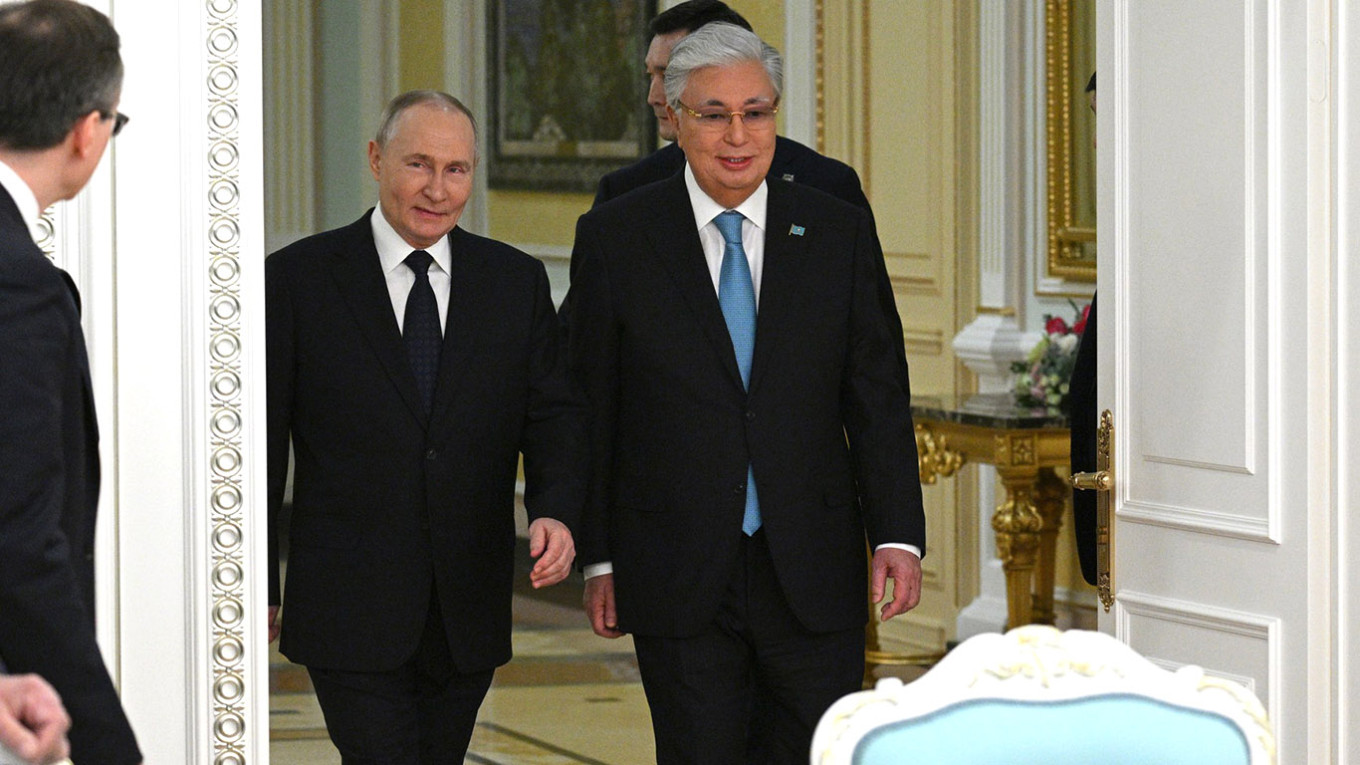
Education and technology links were also addressed; Tokayev pointed to new Russian university branches opening in Kazakhstan as evidence that bilateral cooperation extends beyond energy and trade into culture and science.
A Long Tradition of Partnership
Kazakhstan and Russia share a 7,600-kilometer border and economic and security ties through the Eurasian Economic Union and the Collective Security Treaty Organization. Their cooperation spans space exploration at the Baikonur Cosmodrome, industrial projects, and joint infrastructure development across Central Asia.
Tokayev’s government has framed the alliance as a natural evolution of their longstanding partnership. “Despite the complex international situation, interaction and cooperation are actively developing for the benefit of our people,” Tokayev stated.
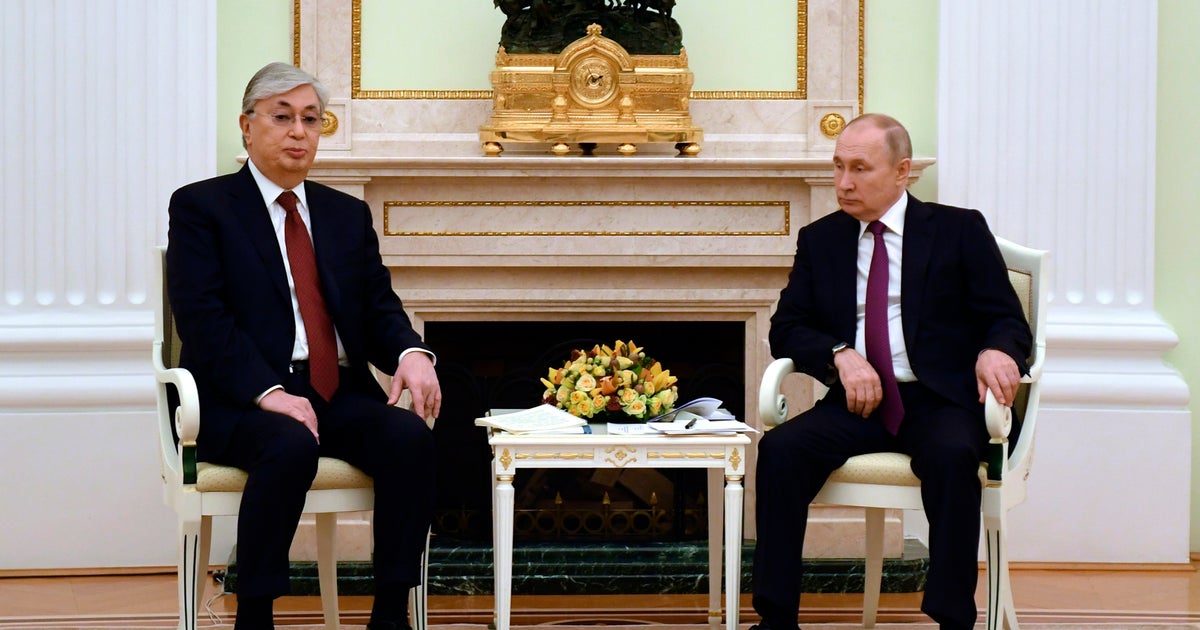
Balancing Major Powers
While reinforcing ties with Moscow, Tokayev has also been extremely active in his diplomatic outreach with other world powers. Just days before his Russia trip, Tokayev and his Central Asian counterparts met U.S. President Donald Trump at the White House in a C5+1 summit marking ten years of U.S.-Central Asia cooperation. At that meeting, he welcomed what he called a new stage of engagement between Central Asia and the United States and oversaw new investment deals.
Earlier in 2025, Tokayev met Chinese President Xi Jinping in Astana during a China-Central Asia summit, where both sides praised record trade volumes and agreed to deepen collaboration in energy, logistics, and technology.

Kazakhstan’s leadership views these parallel partnerships as part of its long-standing multi-vector foreign policy – a strategy designed to maintain balanced relations with Russia, China, the U.S., and Europe – diversifying alliances and avoiding dependence on any single power.
Cautious Neutrality on Global Conflicts
Tokayev has taken a measured stance on Russia’s war in Ukraine. As previously reported by The Times of Central Asia, Tokayev recently stated that Kazakhstan “is not a mediator and does not see itself as such,” though it would be ready to host peace talks if both sides agreed and conditions allowed for genuine dialogue. This position typifies Kazakhstan’s pragmatic neutrality: maintaining long-standing ties with Russia while emphasizing respect for international law and peaceful solutions.
Strategic Meaning for Both Capitals
For Moscow, the new alliance helps demonstrate that Russia is not isolated, securing affirmation of partnership from one of its key neighbors. For Astana, it reassures Russia of continued cooperation while safeguarding the flexibility to engage the U.S., China, and Europe. The declaration can therefore be seen as reinforcing one part of Kazakhstan’s multi-vector policy rather than replacing it.

In practical terms, the declaration is expected to translate into expanded joint energy projects, infrastructure development, and continued political coordination within Eurasian institutions. In symbolic terms, it confirms that despite competing pressures, Kazakhstan will remain an ally of Russia while still pursuing its own independent course.
As the two presidents concluded their Moscow meetings, Putin accepted Tokayev’s invitation to a state visit to Kazakhstan in 2026. The exchange closed a week that encapsulated Tokayev’s diplomatic philosophy: keeping all doors open while reinforcing each pillar of Kazakhstan’s multi-vector policy.
Stephen M. Bland
- Previous Trump gives perfume to Syria’s jihadist-turned-president and his wife: “Great Achievement” for Al-Sharaa
- Next Mother of suspected Abe killer apologizes for her moron son



